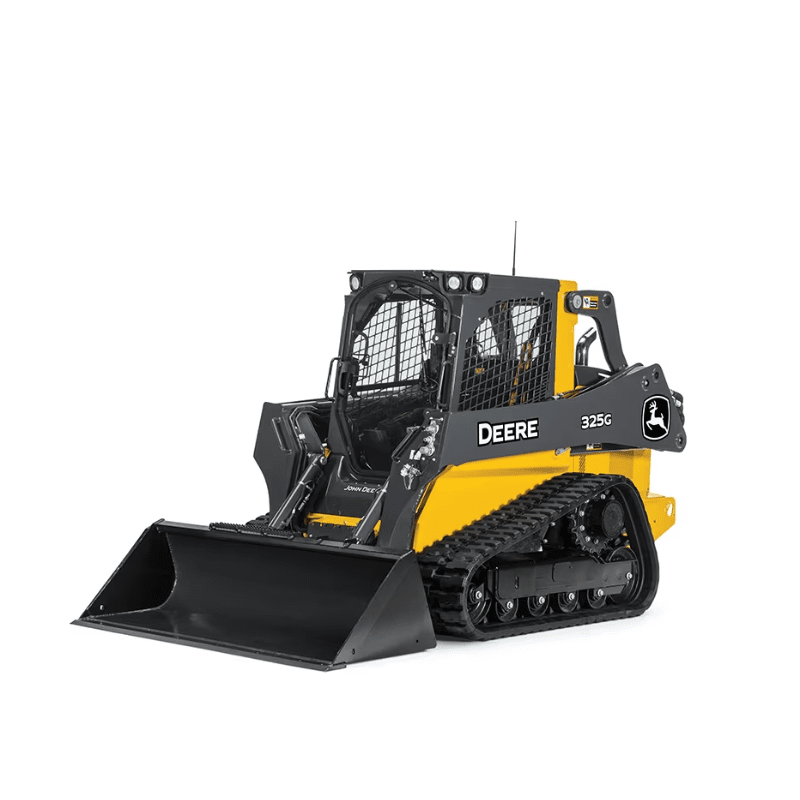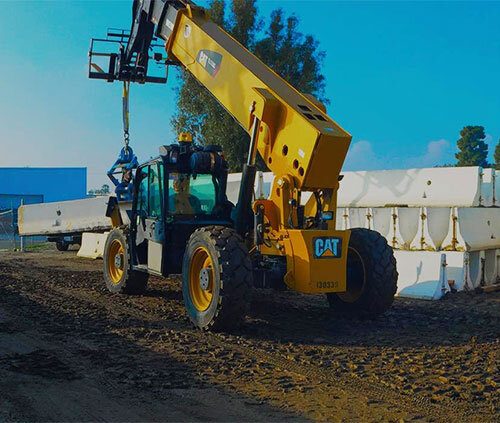Equipment Rental Company: Your Source for All Types of Equipment
Equipment Rental Company: Your Source for All Types of Equipment
Blog Article
Maximize Your Budget Plan by Comprehending the Costs Linked With Construction Equipment Leasings
Recognizing the full scope of prices associated with building equipment rentals is crucial for maximizing your budget plan. What approaches can be used to successfully manage these prices and ensure a much more reliable rental experience?
Summary of Rental Prices
When thinking about building and construction tools services, understanding the linked prices is vital for efficient budgeting and task planning. Rental costs can vary dramatically based upon a number of factors, including equipment type, period of rental, and location. The initial rental fee commonly shows the equipment's market need and its linked functional abilities, influencing the total expense.
In enhancement to the base rental rate, secondary costs may develop, such as transport charges, gas additional charges, and maintenance charges. It is necessary to make up these additional expenditures to accurately evaluate the total expense of renting devices. The rental period can affect prices; longer leasings may qualify for reduced prices, while temporary leasings might sustain higher everyday fees.

Malfunction of Rental Rates
A comprehensive understanding of rental rates is essential for specialists and task managers intending to enhance their spending plans. Rental rates for building and construction tools generally include a number of elements, including base prices, time-based charges, and usage fees.
Base prices are the core costs related to the service of the devices, frequently figured out by the kind and dimension of the equipment. These prices can vary significantly, affected by variables such as tools demand, accessibility, and local market patterns. Time-based fees, which may be daily, weekly, or monthly, offer to fit different project timelines and rental durations.
In addition, rental prices might include usage fees, which are applicable when devices is utilized past a defined threshold, guaranteeing that the rental firm can represent wear and tear. Seasonal need variations can also affect rental rates, with peak construction seasons typically commanding greater costs.
Additionally, recognizing the rental firm's plans regarding maintenance and insurance policy can provide additional understanding right into the overall cost structure. By assessing these components, contractors can make informed decisions, making certain the option of rental equipment aligns with both job needs and budget plan restraints.
Additional Fees to Consider
Understanding the details of added charges is vital for specialists to handle their total leasing expenses effectively. Past the common rental prices, numerous supplementary costs can dramatically influence the complete expense of tools rental. These fees often consist of delivery and pick-up charges, which can differ based upon range and logistics entailed in carrying the tools to and from the job website.
Additionally, some rental companies may enforce gas additional charges if the equipment is returned with much less fuel than when rented. It is also important to recognize possible cleaning charges, specifically for customized equipment that requires detailed maintenance after usage.

Thoroughly reviewing the rental agreement and clearing up these added costs ahead of time can help professionals ensure and stay clear read here of unforeseen costs that budget plans remain intact throughout the project lifecycle.
Upkeep and Repair Service Costs
Routine repair and maintenance expenses are typically ignored variables that can significantly influence the total wheel loader rental near me expense of building and construction equipment rentals. When renting out tools, it is critical to think about not just the rental fees however also the possible prices connected with keeping the equipment in ideal operating condition.
Several rental business include standard maintenance as part of the rental agreement; however, a lot more unforeseen malfunctions or considerable fixings can bring about additional expenditures. It's necessary to examine the rental agreement very carefully to understand what upkeep services are covered and what duties drop on the renter.
Furthermore, devices that is not properly maintained can result in inefficiencies on duty site, potentially increasing and creating delays project expenses. To minimize these threats, it is recommended to perform normal examinations and preserve open interaction with the rental supplier concerning any problems that develop during use.
Insurance Policy and Liability Costs
Insurance policy and obligation costs are vital components that can considerably affect the total expenditure of building and construction tools services (scissor lift rental). These costs make sure that both the rental firm and the client are protected from potential economic losses occurring from accidents, damage, or theft during the rental period

Additionally, clients should recognize any type of deductibles or exclusions in the insurance coverage, as these can affect potential out-of-pocket expenditures. Recognizing the terms and problems of any type of insurance protection is vital to stay clear of unexpected costs. Eventually, budgeting for insurance coverage and responsibility costs can help guarantee a smoother rental experience and secure against monetary dangers connected with construction projects.
Conclusion
In final thought, a comprehensive understanding of the expenses connected with building and construction tools services is vital for efficient spending plan monitoring. Inevitably, educated decision-making regarding equipment rentals contributes to the total success of building and construction ventures.
Rental expenses can differ significantly based on a number of aspects, consisting of equipment type, period of leasing, and location (rental company near me). The have a peek at this site rental duration can influence rates; longer leasings may certify for discounted prices, while temporary leasings might sustain higher day-to-day costs
By conducting thorough research study and engaging with respectable rental firms, specialists can efficiently navigate the intricacies of rental prices, inevitably maximizing their monetary resources.
Past the common rental rates, various supplemental costs can substantially influence the overall expense of equipment rental. Rental companies typically provide responsibility insurance that covers injuries to third parties or damage to home, while equipment damages insurance policy can cover the price of repair services or replacement if the rented out equipment is damaged.
Report this page